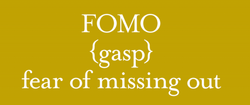 Photo cred: brightfutura.com
Photo cred: brightfutura.com I've been stopping, observing, and listening in awe of what my colleagues are doing with their students. I've been watching, sometimes helplessly, as opportunities to do more amazing things with my kids pass me by. Or even more than that, seeing strategies that could make my current practice better. As I see all of the incredible demonstrations of learning going on in the classrooms on Twitter, I can't help but feel like I'm not performing to my full potentials as a classroom teacher... But I simply cannot take on any more commitments this year.
I know I'm hard on myself. I know that we are our own worst critics. I know it's a marathon, not a sprint. I'm only a third-year teacher, after all; I have a lot of career ahead! So I'm going to say from the outset of this post that I know it needs to stop. But I think that the idea behind this is worth sharing.
For example, I still deliver math drills in my Grade 3/4 room... Guilty as charged. In fact, I delivered one today. Here's my thinking:
- Is this the best way for students to showcase their learning in a student-centred way? No.
- Does this method lend itself to some, if any, formative assessment on procedural numeracy strategies? Not likely.
- Is my students' thinking visible? No.
- Is it helping them to reinforce some form of immediacy and procedural knowledge for their future in education as far as numeracy skills are concerned? Kind of.
- But if I think it's so wrong, why am I doing it in the first place? In our math lessons, there is immense difficulty with fact computation for several students. Some need a lot of extra practice with the basics. The drills only take up 5 minutes of the week.
- Can I fix this all RIGHT NOW? ... No.
- Why can't I fix it right now? Because I'm trying to fix other things in my classroom that take priority over this issue.
Welcome to the hyper-analytical cycle that occurs in my brain. This is a problem. And I've been reflecting on this... A lot. I'm not looking for an answer to fix that example I just provided. I just can't say "yes" to accommodating that right now. It's not a priority over other things that I can effect and make change on in bigger ways.
I used to think that people were weak if they didn't say "Yes" to cool opportunities for their classroom that crossed their path. I'm now learning that prioritization and balance are one of the most important skill sets that an educator can possess. I am highly considerate of the things that I say "yes" or "no" to now because I have to be. But it shouldn't take a forced hand to consider that balance for oneself.
This post is intended as a confession that my personal skills in this area are weak. You just cannot do it all. I'm building those prioritization skills up as I balance work, grad school, extracurricular commitments like the EdTech Mentorship Network, presentations, #bcedchat, and sharing my classroom. Oh, and that little thing called a personal life. :)
In closing, I'm sure this is something everyone already knows, but it never hurts to be reminded of:
It's okay to say "No". It's just not always easy to.



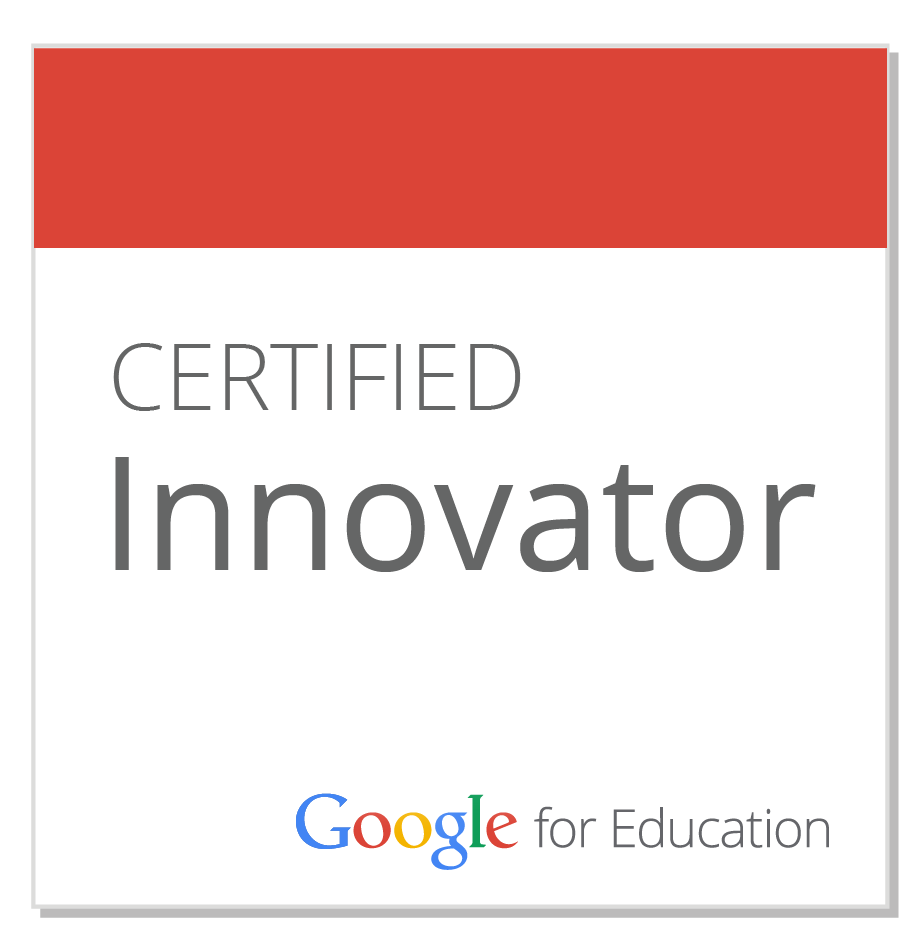
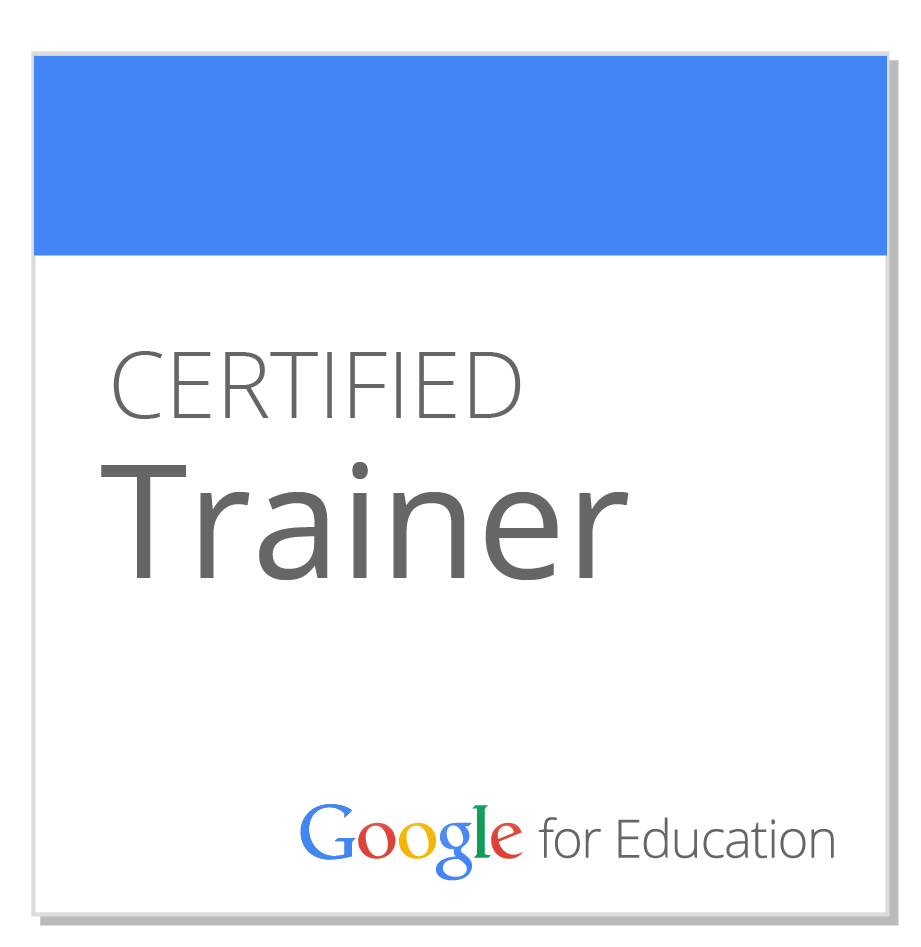
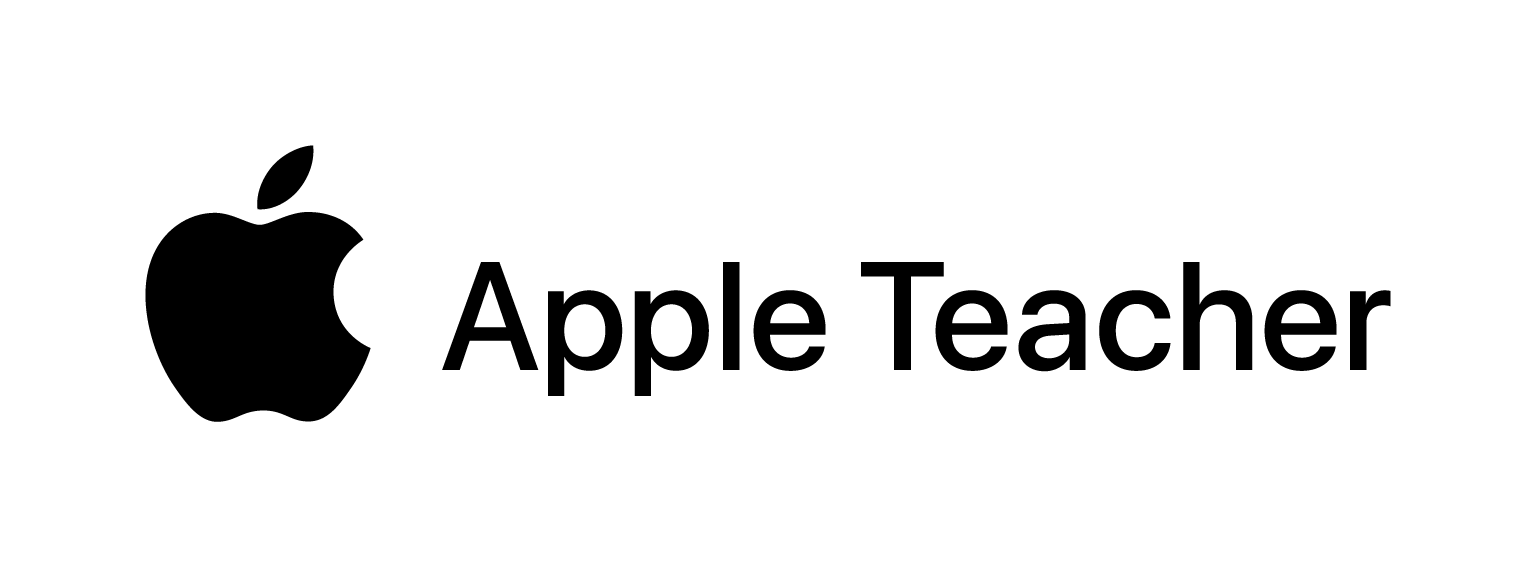
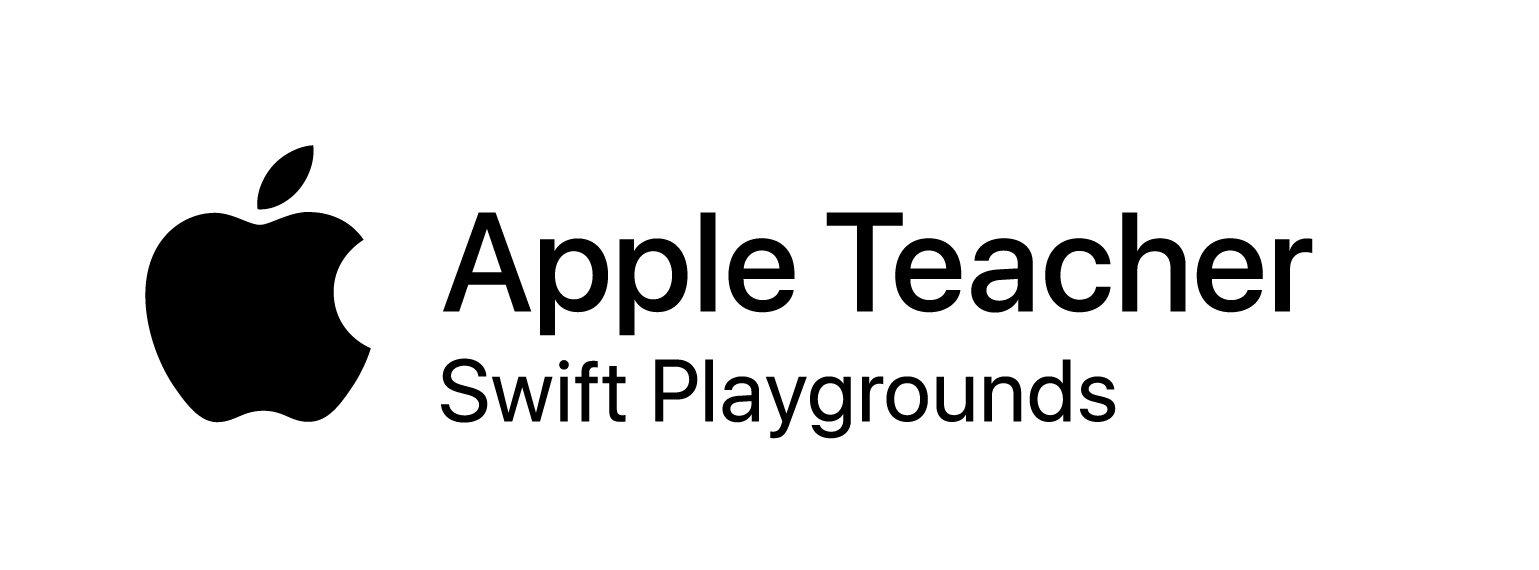


 RSS Feed
RSS Feed
